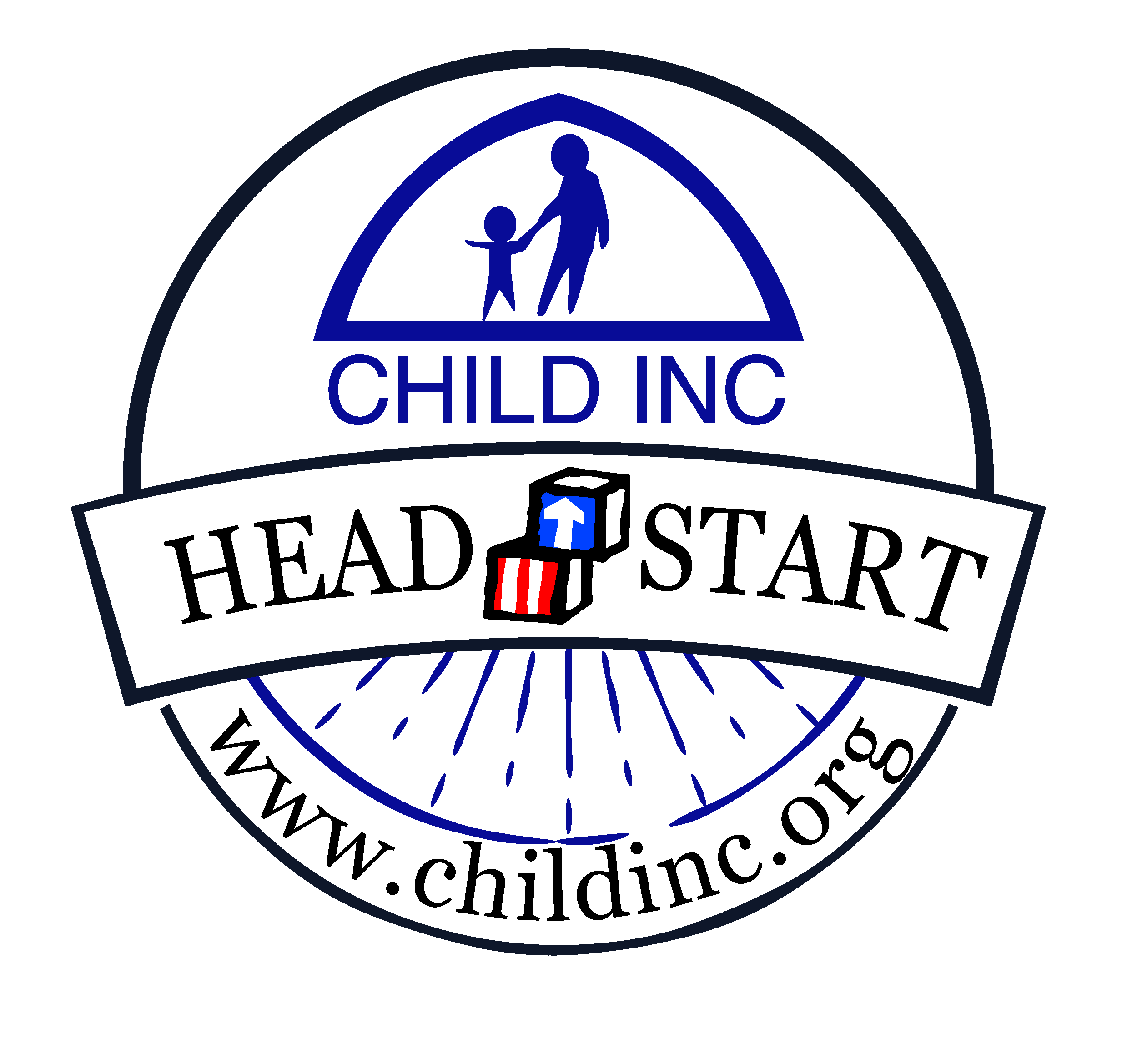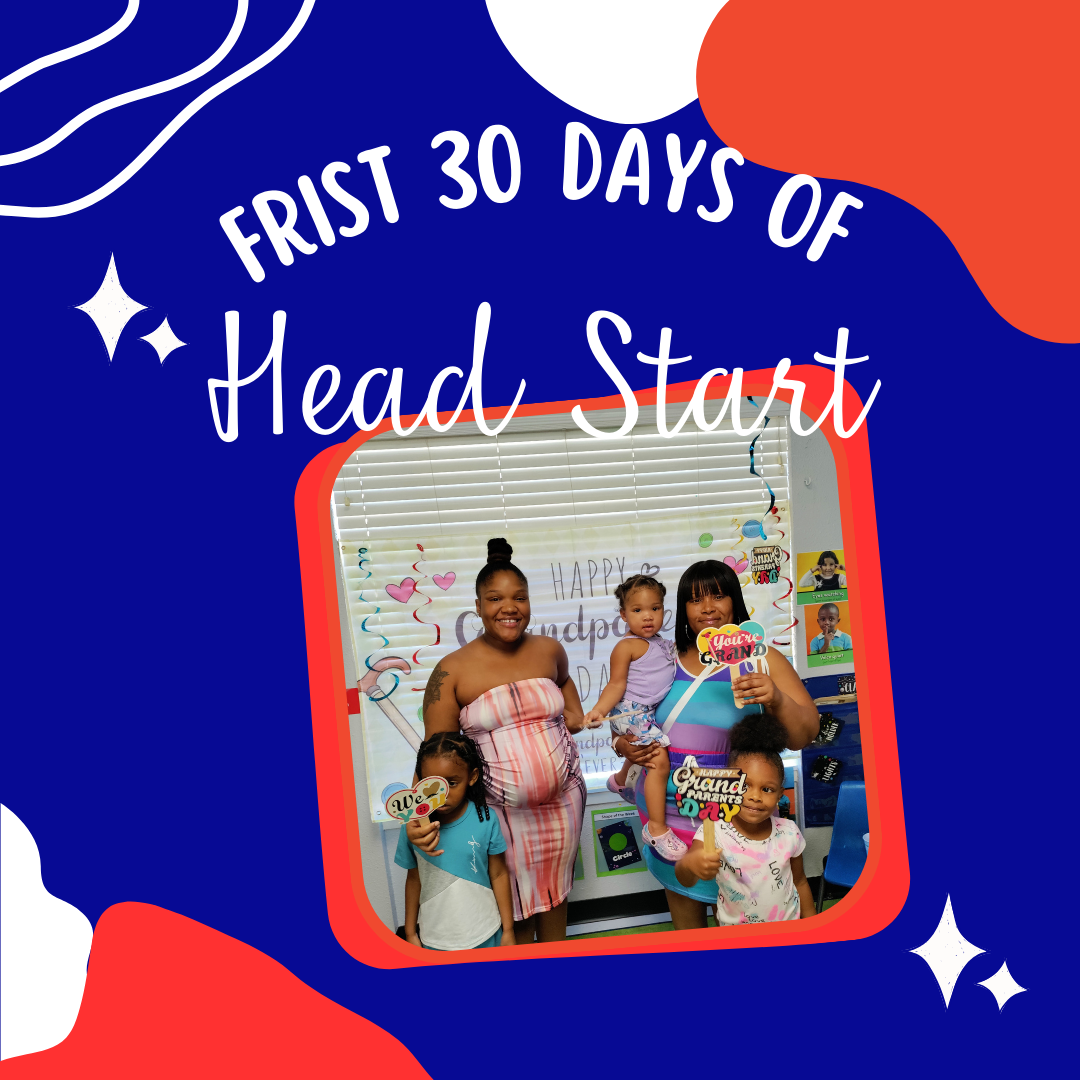We are excited to have completed our first month of Head Start 2023! Here’s a general overview of what occurs during the first 30 days of Head Start:
Day 1-5: Enrollment and Orientation
Enrollment: Parents and guardians complete the necessary paperwork to enroll their child in the Head Start program. This includes providing income documentation and other required forms.
Orientation: Parents and children attend an orientation session to learn about the program’s goals, curriculum, and expectations. They meet teachers and staff and tour the classroom or center.
Health Screening: Children undergo a health screening to assess their physical and developmental health. This may include vision and hearing tests.
Day 6-10: Classroom Integration
Classroom Integration: Children start attending the Head Start program on a regular schedule. They become familiar with their teachers, classmates, and daily routines.
Assessment: Teachers begin to assess each child’s individual needs, strengths, and areas of growth. This helps tailor the educational curriculum to meet those needs.
Day 11-15: Curriculum Implementation
Curriculum Implementation: Our program uses an evidence-based curricula to provide age-appropriate education and developmentally appropriate activities for children. This phase involves introducing the curriculum and engaging children in various learning activities.
Health and Nutrition Services: Children receive nutritious meals and snacks, and parents are educated about the importance of nutrition for their child’s development.
Day 16-20: Parent Engagement
Parent Engagement: Head Start places a strong emphasis on involving parents in their child’s education. During this phase, parents attend meetings and workshops to learn about their roles in supporting their child’s learning.
Home Visits: Our Early Head Start Teachers begin their home visits to build relationships between teachers and families, as well as to assess the home environment and offer support as needed.
Day 21-30: Ongoing Support
Ongoing Learning: Children continue to participate in educational activities, social interactions, and play. Teachers continuously assess and adapt their teaching strategies based on each child’s progress.
Health and Developmental Services: Any identified health or developmental concerns are addressed through referrals to appropriate services or specialists.
Parent Involvement: Parents become more actively engaged in volunteering in the classroom or participating in program governance. For instance in September we hosted Grandparents Day. We understand grandparent’s play a vital role in their grandchild’s life, and we want to celebrate their love, wisdom, and cherished moments together. This day was all about making lasting memories with your little ones!
Access to Resources/Parent Partnership Agreements: Head Start can connect families with community resources and services, such as housing assistance, job training, and mental health support, helping to address broader family needs beyond early education.
Our goal is to provide a holistic approach to early childhood education, focusing on the whole child and involving parents and families in the process.


